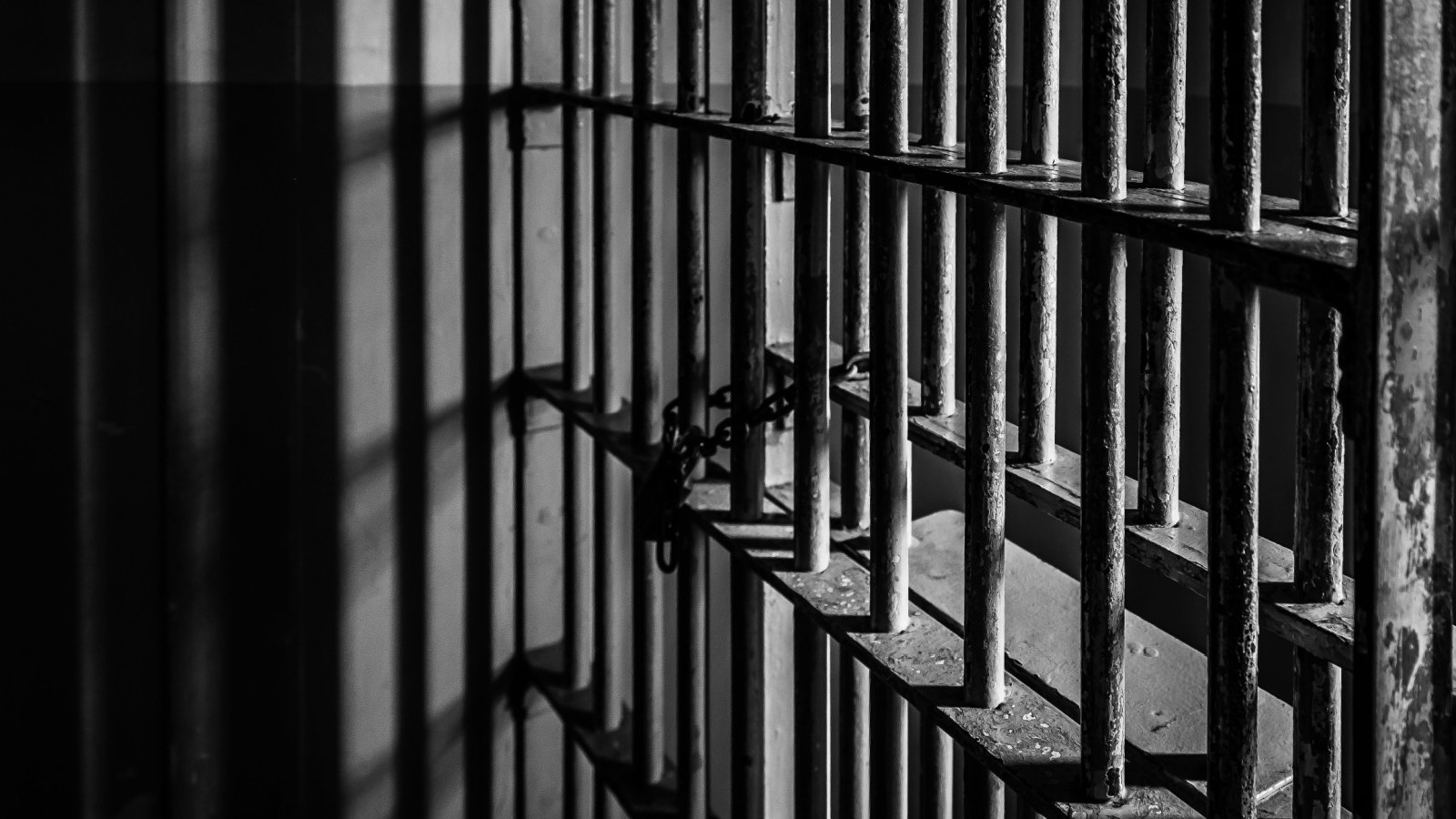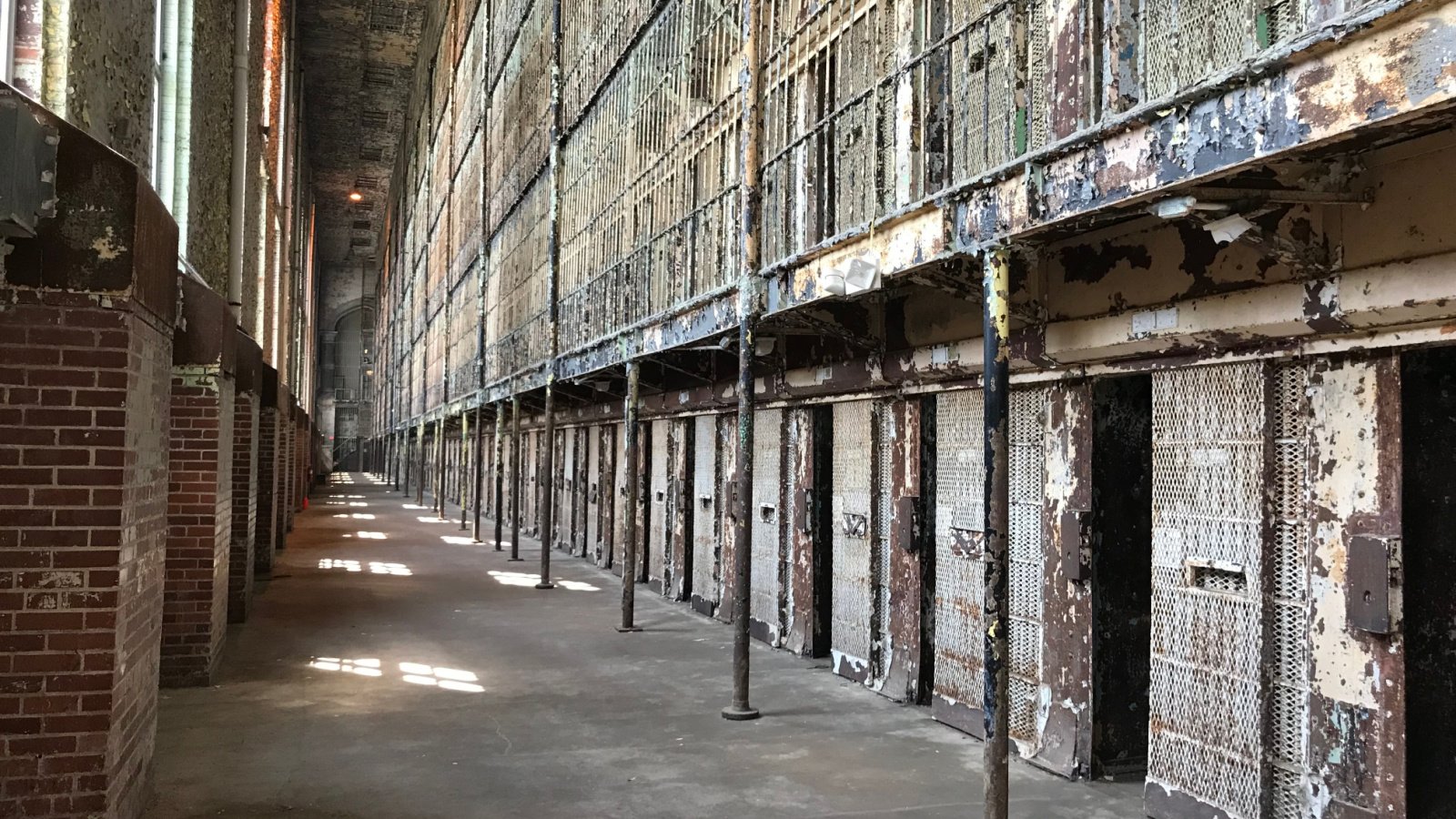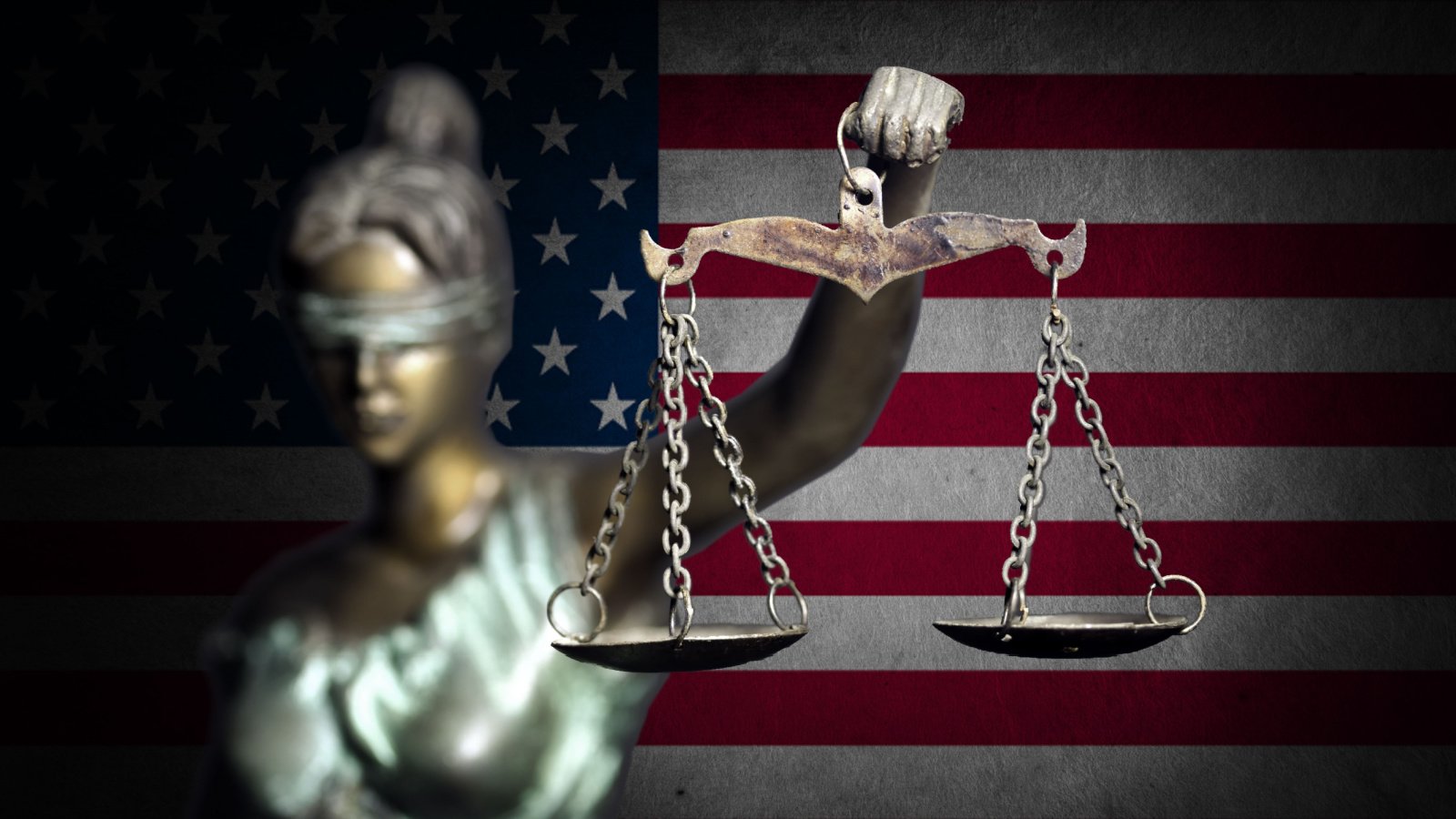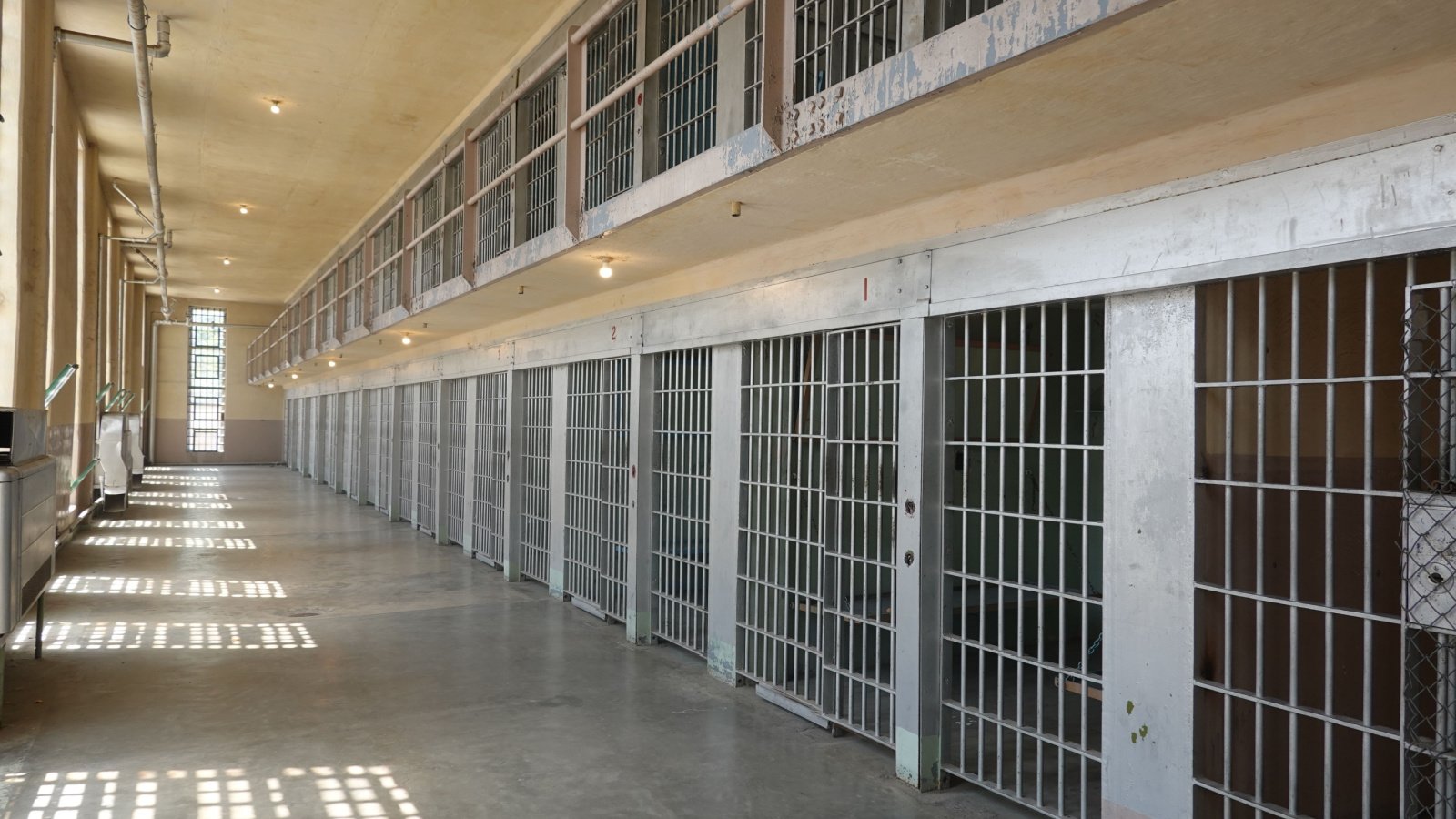This week, Idaho state officials halted the execution of 73-year-old Thomas Eugene Creech, a convicted serial killer, after they were unsuccessful in eight attempts to establish an intravenous line necessary for the lethal injection. The execution would have been Idaho’s first in 12 years. Creech’s legal team was granted a stay in court after arguing the incident proves Idaho’s inability to carry out a humane and constitutional execution. Idaho confirmed it would not pursue another execution attempt under the current warrant, and has yet to determine the next course of action.
Challenges in Execution Process

Convicted serial killer Creech, was brought into the execution chamber on a stretcher. Creech has been in prison for over 50 years, and is one of the longest-serving death-row inmates in the United States. Despite the gravity of the situation, the medical team struggled with the IV line insertion, attempting eight times across various points including Creech’s arms, legs, hands, and feet.
The Background of Thomas Eugene Creech

Having spent half a century behind bars, Creech’s criminal record includes five murders across three states, with suspicions of involvement in several more. His presence on death row for decades highlighted the long and often complicated path from sentencing to execution. After already serving a life sentence, Creech’s murder of a fellow inmate in 1981, led to his being sentenced to death-row.
Medical Team’s Efforts and Failures

The team of three medical professionals faced significant hurdles in their attempts to administer the lethal injection. Issues with accessing veins and concerns over vein quality led to multiple failed attempts, despite their best efforts. This series of unsuccessful efforts raised questions about the preparation and capability of those tasked with carrying out state executions.
Halting the Execution

The decision to stop the execution was announced by the warden at 10:58 a.m., a pivotal moment that brought relief to some and frustration to others. The Department of Correction, led by Director Josh Tewalt, later addressed the media, explaining the challenges faced and the reasoning behind halting the execution process.
Legal and Ethical Implications

Following the botched execution attempt, Creech’s attorneys filed for a stay in U.S. District Court, arguing that the incident highlighted the state’s failure to ensure a humane and constitutional execution. The court’s granting of the stay after Idaho confirmed it would not pursue another execution attempt before the warrant’s expiration added a legal layer to the already complex situation.
Public and Official Reactions

The halted execution prompted a range of reactions, from those of Creech’s legal team and human rights advocates to the statements released by Idaho officials, including Attorney General Raul Labrador. The discourse surrounding the event touched on justice, the effectiveness of the death penalty, and the ethical considerations of execution methods.
The Broader Context of Capital Punishment

This incident in Idaho reflects broader national and international debates over the use of capital punishment. With Idaho’s first execution attempt in over a decade ending in a halt, the state joins others in facing scrutiny over the methods and morality of executing death row inmates.
Challenges Across the United States

Other states, including Alabama and Oklahoma, have also encountered significant obstacles in carrying out lethal injections. These challenges have led to broader discussions about alternative execution methods and the overall viability of the death penalty.
Idaho’s Consideration of Alternatives

In the wake of the halted execution, Idaho officials may need to reconsider their approach to capital punishment. Recent legislation authorizing execution by firing squad as an alternative highlights the ongoing search for viable methods, albeit ones that raise their own set of ethical and legal questions.
The Life of Thomas Eugene Creech

Creech’s life story, from his extensive criminal history to his decades on death row, sheds light on the complexities of justice, rehabilitation, and punishment. His case raises questions about the possibility of change, the nature of remorse, and the societal aim of the death penalty.
The Victims and Their Families

Central to the discussion of Creech’s execution are the victims and their families, whose lives were irrevocably changed by his actions. The impact on these individuals and their desire for justice plays a crucial role in the ongoing debate over the death penalty and its implementation.
Ethical and Moral Considerations

The halted execution of Thomas Eugene Creech brings to the forefront ethical and moral considerations surrounding the death penalty. Questions about human rights, the potential for error, and the dignity of those involved are highlighted in the wake of the failed attempt.
Looking Forward

As Idaho and other states continue to navigate the complex landscape of capital punishment, the halted execution of Creech serves as a catalyst for renewed discussion and evaluation. The search for a humane, constitutional, and effective method of execution remains a pressing issue, reflecting broader societal values and the evolving nature of justice.








Der Große Preis von Monaco gehört zu den drei Kronen des Automobil-Rennsports und führt die Fahrer über eine Renndistanz von 260,
52 Kilometer (78 Runden zu je 3,34 Kilometer).
Teil der Formel-1-WM war die Strecke regelmäßig ab 1955.
Das zweite Highlight in der Welt des Autorennsports
ist der Große Preis von Monaco, der jährlich auf dem Stadtkurs Circuit de Monaco
ausgetragen wird und durch den Stadtbezirk Monte-Carlo und
den Stadtbezirk La Condamine führt.
Mit einer Fülle von Vergoldungen wetteifern Gemälde,
Skulpturen und Basreliefs darum, den Blick des Besuchers zu fesseln. Im Casino
wurden vier Filme gedreht, darunter die Bond-Filme „Sag
niemals nie“ und „GoldenEye“ sowie „Fast and Furious 5“.
Nur wenige Orte sind so mit James Bond verbunden wie Monaco und das Casino de Monte Carlo.
Doch es war der Aston Martin – genauer gesagt der Aston Martin von 007 –, der
Monacos ohnehin schon faszinierenden Ruf steigerte .
Viele Touristen bleiben stehen, um Fotos von der Prozession fein getunter Ferraris, Lamborghinis, Bentleys und Rolls-Royces zu machen,
in denen die Reichen vorbeirollen.
Blanc erkannte sofort, dass die bisherigen Probleme nicht zuletzt auf die schlechte
Verkehrsanbindung und die fehlenden Hotels zurückzuführen waren. Dazu gründete er die noch
heute bestehende Société des Bains de Mer et du Cercle des Étrangers à Monaco (SBM).
April 1863 übernahm François Blanc, der bereits die Spielbank Bad Homburg gegründet und zum Erfolg geführt hatte, die Konzession für zunächst 50
Jahre. Seine Fühler in Richtung der rheinischen Spielbanken, insbesondere
nach Bad Homburg, aus.
References:
https://online-spielhallen.de/rizk-casino-mobile-app-dein-spielvergnugen-fur-unterwegs/
If you aren’t protected in all ways while playing online, you will have to endure the consequences sooner or
later. Players are looking for the best sites mainly based on their game variation.
Similar to our point about the deposit methods, the game selection clearly illustrates
the platforms competence and the freedom you will have when using it.
This evidence shows that these sites can be seen as financially stable, which is critical in the competitive gambling industry.
Casinos that offer a wide selection of bonus offers demonstrate capabilities of
financing their users with an enormous supply of bonus funds.
To protect yourself, it’s best to rely on professionals who have experience
in the field and know it extensively.
Many casinos offer tiered welcome packages (e.g., bonuses on your first 3 deposits).
Debit and credit cards remain a primary payment method at real money casinos,
especially for first-time players. We examined dozens of real money casinos to find out which offers actually
deliver. The key difference lies in how real money casinos are structured—every system, from
bonuses to jackpots, is built to handle financial risk transparently.
Yes, winning real money while playing casino games is possible in online casinos that accept Australian players and are
licensed to accept real money wagers. Australia doesn’t license local
online casinos, so the only way to play real money
games is through trusted international sites that accept Aussies.
Of the top online casinos we reviewed, we’ve conducted in-depth reviews
of each operator, examining bonuses and promos, games and
app experience, security and banking. Many online casinos that do pay out real money, also have an option that lets newbies try
their luck at all of their games, without needing to make a deposit.
All of these games can be played for real money at the numerous online
casinos available online right now.
Play at the official Royal Reels Casino and let us give you
the VIP experience you deserve. The customer support at Royal Reels has been fantastic too.
The deposit process is simple, and withdrawals
are surprisingly quick.
This is a top-notch Aussie casino that actually delivers on its promises.
I claimed the $10 free chip instantly and was playing
my favourite pokies in literally minutes. We bring the electrifying thrill of a
real casino floor directly to your screen, live-streamed in crystal-clear HD from state-of-the-art
studios. Your royal gaming experience is just a few clicks away.
We’ve removed all the unnecessary steps so you can move from sign-up
to gameplay in minutes.
Premier Australian casino with exclusive pokies and generous bonuses Discover the ultimate gaming hub for Australian players.
The user-friendly interface, responsive customer support,
and attractive bonuses further enhance the overall appeal of the casino.
The live chat feature allows for instant communication with a support representative, providing real-time solutions to player concerns.
The availability of these diverse communication channels ensures that
players can have their questions resolved swiftly and efficiently, enhancing their overall satisfaction with the casino’s services.
Players can easily reach out to Royal Reels Casino through multiple customer
support options, including a comprehensive FAQ section that addresses
common queries and concerns, ensuring a seamless and efficient communication experience.
References:
https://blackcoin.co/classicbig4-casino-holiday-park-in-depth-review/
online casino paypal einzahlung
References:
https://fromkorea.peoplead.kr/bbs/board.php?bo_table=free&wr_id=59619
paypal neteller
References:
http://www.m-jsteel.com/bbs/board.php?bo_table=free&wr_id=13626
WhatsApp web’ https://www.ws-ltv-whatsapp.com Keep track of important messages on WhatsApp Web. . Date: 2026-01-14 00:46:58 (-03).